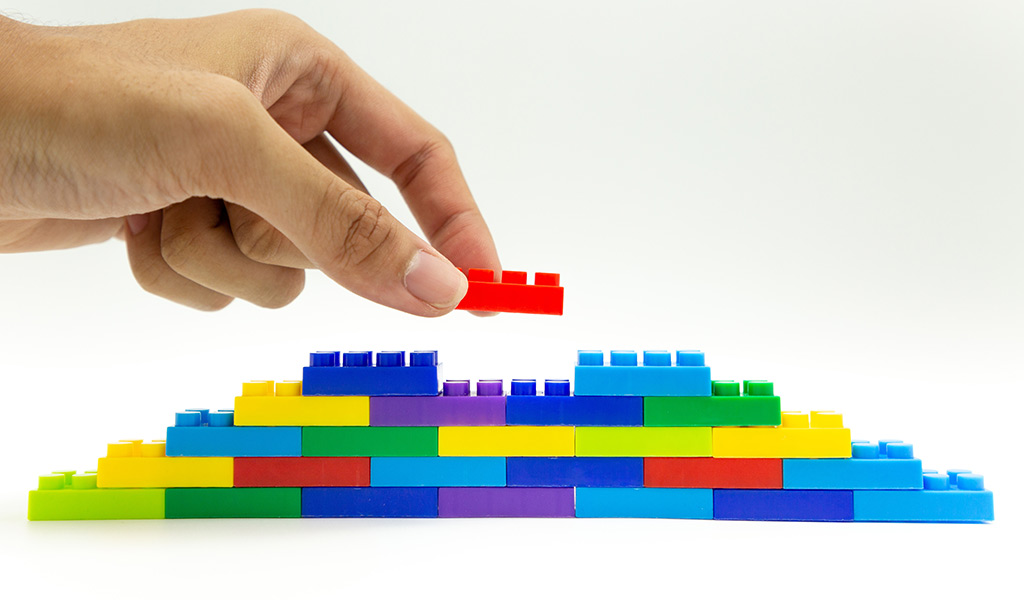There are days the little things in life make me happy. When my microwave broke last week and even a repair couldn’t save it, it took me less than five minutes to solve the problem: simply selected a new model on the manufacturer’s site using my smartphone, ordered it and paid via PayPal. Three days later it was unpacked, plugged in and running. The ease of this process illustrates two things:
- digitization makes it incredibly easy for us to handle even extensive processes quickly.
- I didn’t ask myself whether the microwave would also fit into my power socket and whether it would meet the usual standards for radio interference suppression, hazardous substances, etc.
Anyone who has ever traveled abroad knows that this lack of concern is not a matter of course. In the case of power sockets, the right time was simply missed to ensure global standards. In the meantime, the implementation of a standard would cause so much cost and electrical waste that it is no longer practicable.
Unimaginable that something like this could happen again to our highly developed society… or could it?
Digitization is opening up new business potential. The focus is shifting from the exchange of physical goods to the exchange of information. When I buy my microwave, it’s not just the manufacturer who earns money, but also the online payment service PayPal. And that is solely through the exchange of information. Digitization is also creating the basis for new business models in industrial companies. This is shown by a recent study by Sopra Steria and the F.A.Z. Institute. More and more machines and systems are being networked via IoT platforms in the industrial Internet of Things in order to determine performance data or offer product-related services. This is a development that has taken hold around the globe and is thus giving rise to many solutions with different data models and integration options. This allows us to draw a worrying parallel to the connector mess mentioned above. Companies that want to drive their digital business forward quickly lose their orientation here when choosing an IoT solution that is suitable for them. After all, how future-proof it is depends largely on how well it can be connected to other systems and data sources.
Global standards for sustainable digitization
Serious initiatives here give hope for an international standard in the industrial Internet of Things. The Plattform Industrie 4.0, for example, has developed the concept of the management shell, which is to be understood as the digital representation of a device. It makes it possible to address machines with all the necessary information and functions. For example, I could develop an app for my microwave, interact with it, display the instructions for use, and set the power intensity or duration via smartphone. If the manufacturer of my washing machine also provides the information and functions of this device according to the management shell concept, it is no effort for app developers to integrate other devices into their application. This manufacturer- and system-independent interoperability paves the way for the future of Industry 4.0.

